outpatient orthopedic physical therapy
 Orthopedic Physical Therapy: What Is It, How Does It Help?
Orthopedic Physical Therapy: What Is It, How Does It Help?In this episode of the show #AskMikeReinold we talk about the transition back to outpatient or neurological physical therapy or to sports medicine from inpatient or neurological configuration. To see more episodes, subscribe and ask your questions, go to .#AskMikeReinold Episode 201: How to Transition to Orthopedic Physical Therapy AmbulatoryListen and Subscribe to Podcast You can use the player below to listen to the podcast or subscribe. If you're enjoying the podcast, it will really mean a lot to us. Thank you! Subscribe: Silence Silence Silence Show NotesTranscriptMike Reinold: In this episode of the Ask Mike Reinold program, we talked about some tips about making a transition from the hospital or the neuro or anything outside our realm, and back to orthopedics or sports medicine.( Intro)Mike Reinold: Tommy says: "I am a new postgraduate dish looking for advice on changing my practice area. I am an athletic degree coach, but my last three years I have been working on outpatient and outpatient neuro." Mike Reinold: So he's working on neuro, on the neurological aspect of our field of physical therapy. "But, I'm looking for the transition back to sports medicine and performance. What advice would you have for this transition? Question number one, and do you think this is a case in which a one-year residence would be beneficial to a more intense mentorship? People keep asking that question. That's funny. That's interesting. So neuro, which is pretty good, right? And Lisa, you have some of these things, Dan too, right? Didn't you work a bit like an outpatient at a time or something? Dan Pope: No, clinical affiliations, but I saw a neurological in my last outpatient clinic, so a little, but not much. Lenny Macrina: Maybe. Maybe it was me. I had my first job was intensive care. I did it for eight months. Good. All right, all right. So you have some experience that went through this. So that's good. So let's talk first about the transition before we talk about some advice about what to do because I think that might answer the question of mentoring. But I don't know, Len, how long have you been taking acute care? Lenny Macrina: Let's see. Probably January to October at my first job, but in the end I got an outpatient job and worked both jobs at the same time. Mike Reinold: Oh wow. Wow. Lenny Macrina: North Carolina. Mike Reinold: What do I have to ask? Because I know you had no personal interest in that. Were you waiting for an opening at that clinic? Lenny Macrina: I was waiting for an opening, I couldn't get a job. This was in 2003, and ended up working basically full-time PRN in acute care at the Durham Regional Hospital in Durham, North Carolina. And then he got a job at Raleigh Orthopedics but then worked both weekends at Durham Regional and then my full time during the week at Raleigh Orthopedics ambulatory. Mike Reinold: Very interesting. Lenny Macrina: Yes. It was interesting. It was a good combination of acute care to see, I basically looked after musculoskeletal sharpness, so it was like hip replacements, knee replacements and some punches. But then I'd be scared and go back to the full floor and... But it was good to see the total number of people on the whole floor getting out of surgery and had like back merges and discectomies and see where they progress after that when it was on the outpatient. So it was a very good experience. Good. So when you made the transition back to an outpatient, obviously I know you had a lot of interest in it, so I'm sure you're still paying attention to it and stuff, but what did you do to get back into it? Especially as a new dish, I think you're very close to a similar situation here. What did you do to feel confident? Lenny Macrina: I worked in an installation that had a ton of experienced PT. So Raleigh's orthopedics in North Carolina had six or ten PTs for the doctors just above us. So he was freaking out like a new dish, right? I mean, I had no idea, even though I did an internship with you, I was in Birmingham at Health South for my last internship and you think you'd come out all powerful and then you have your first low back pain patient, or your first ACL post and you're like, "What do I do?" So I had a ton of PT that I could learn, and get your advice and talk to them and obviously use my knowledge I acquired. But when you're on your own, it's a completely different world. You're trying to read and try to read protocols and try not to hurt the person and just to make sure they do it well and you don't like to result in a stiff knee. Lenny Macrina: I remember a stiff shoulder that I had, that I had an ironically repaired rotating cuff, and she ended up getting a stiff shoulder and I thought it was like the worst PT when I was down there because I couldn't get the shoulder loose. But I was having experienced PTs, I was having the ability to read and get journals. And then 2003, this is going to go out with me, but I don't think there's a lot of online learning. So it's not like I could take an online course. So take the course. I went to Kevin's course, came to North Carolina, took his course and that's how I got my job. But I was trying to get things from con-ed, any way I could. Lenny Macrina: And then the company I worked for sent me to a con-ed course for retro-type things. So I was trying to learn and just trying to choose those brains from those PTs. They were very useful. I'm still friends with them. Very useful. Mike Reinold: I like that. So two great things I got from those things, Len. One was if you're going to make the transition and it's something you haven't done in a while, it's probably better to try to find a place where you can jump and be surrounded by other people with a variety of experiences, so you can have some built in mentoring. I think that's important. Lenny Macrina: Yes, very valuable. Mike Reinold: And then two is, you have to have some discipline to learn. So, it just starts going to a lot of magazine articles and now there's no reason not to learn. You know what I mean? You can say, "All right, there's a great course coming to my city in three months." But that doesn't mean you're sitting for three months. You can sign up for a couple of online courses at the time. How sweet. And you, Lisa? I know Lisa, you've had some experiences, too. It wasn't neuro, was it? What was your non-Lisa Russell? So I worked per diem anyway. I was at the Spaulding Rehab Hospital in Charlestown and I lay between the neuro floor, or the trazo floor, the floor of the spinal cord injury, the right orthopedic floor. I did a little of all the wise outpatient rehabilitation. And that was... I worked weekends for the first gosh, five years. So I was regularly on that stage. Mike Reinold: I know that when we started talking about you joining us in Champion, one of the great things was like, "Oh man, I feel rusty." Right? Lisa Russell: Yes. Mike Reinold: So, what did you do not feel rusty? Because by the way, I like how it was... I said it. Did I just congratulate myself? I think so. But it feels rusty. It doesn't mean you're rusty. It is this inner doubt of oneself that you may have that you may be rusty, but what did you do? Lisa Russell: Well, even before I came to Champion, I had another outpatient orthopaedia work and then I hadn't been on that stage for a while, even before I came here. And when I moved to that job, the original orth, I did a lot of online learning. I'd see many MedBridge courses during my lunches. I saw a lot of Lenny. And in the afternoon I read a ton depending on who the patients were. I did what Lenny was talking about. And then as I prepare to come aboard in Champion, I feel like I've been constantly trying to keep up with things and learn more while I've been unbridling things. Lisa Russell: Honestly, this is the first job I've had where I've had really good colleagues and mentors to learn. Otherwise, I've been alone. The spelling work I had before, we were in private treatment rooms, we didn't have time for collaboration. He was quite isolated and not a good stage for someone to work. Mike Reinold: Not preferred. Lisa Russell: So, essentially it was the first post clinical orthose, totally for myself. So I depended on things online and all that. But then, the amount I've learned and the much more comfortable I feel about certain things and just like the resources I feel I have, and having good mentors around me is a big difference. I don't think it really matters what background I had before. We all have that orthopedic thing somewhere in our brain. You had to learn it at school, you had a school clinic or whatever, and it's not there anymore. It's just a matter of what you're using all the time. I've had a lot of things, even patients I had in clinics and every time I came up again in my head of how, "Oh yeah, with this person who was like that, I did this, and this worked." And it's there, you just don't think about it until you have to use it. Mike Reinold: Yes, above all, remember this particular situation we have a degree athletic trainer as well. So you have a lot of experience. Lisa Russell: A lot of foundation. Mike Reinold: You have a lot of experience here. I really think we've all been in your shoes. We've all had some doubt about whether we're ready and we're ready for this next company here. Personally, I don't think you need a one-year mentorship to be able to work in transition to the outpatient environment. I think it's a little too much. Would you learn a lot? Yeah, absolutely. Would it be beneficial? Yeah, absolutely. You need it? No. I'd say no. I don't think you need it. Everyone has a little self-doubt coming into a new scenario like that. Mike Reinold: I think if you're a dedicated worker, and you can actually get a little time. So Lisa's reading at night, she's going through things, which is really good. What I liked what Lisa said, which was pretty clean too, "It's not just like getting ready for that transition, but once you go in there, you'll discover, 'Oh, on this stage I'm seeing a ton of shoulders and elbows'. Or, "I'm seeing a ton of knees and ankles." Right? And then focus your learning on that. And start there. And then you can grow from there based on the environment in which you are. So, that's the first thing I always say is when someone is trying to like going to a new stage and you're trying to do that, it's going in there, make sure you're surrounding yourself with good mentors, companions and things. That was a great message we heard from several people. Mike Reinold: But the first thing you do is evaluate your situation. Well, what am I seeing a lot of here? Because maybe you're affiliated with some surgeons in the next building and do a ton of knee surgery, right? So you're seeing a ton of post-op knees. Find out what you're going to see a lot, and then look for that knowledge. So, when you feel comfortable with that, now you can almost do an audit of yourself and say, "Okay, what don't I feel right? Are my evaluation skills, my manual therapy skills, my treatment design, my program system? What don't I feel good about? And then look for those small pieces, or joints, or sports like, "Oh, I don't feel comfortable with the knee. I don't feel comfortable with baseball players." Mike Reinold: Whatever it is, look for that. But that's the next thing. So, I think that's the best way to answer it in my mind is that you have to work. This isn't going to come naturally to you, but it's probably in your head. Right? What do you got, Len? Lenny Macrina: And your question about the residence? Should I make a residence? Mike Reinold: I said I didn't think I needed it, but does anyone think he needs it? Lenny Macrina: Yes, the situation around the world is different, but to take a 50% cut, I don't know what your student loans are and all that, but you probably have to earn a little money during your residence. Yeah, it could be valuable information, but do you want to take that pay cut and have to go through the whole country and all that? So I don't know. I think working with experienced PT or PT and the installation is your residence. Mike Reinold: Yes. What do you got, Mike? Lenny Macrina: It could be your residence. Mike Scaduto: Yes. I don't want to turn it into a podcast of a day or something, but it would be very interesting to see how the physical therapy work market is in six months to a year and how residency programs are. And I don't necessarily know if we can guide people based on what's happening in the world right now, because there are many strangers, but it will definitely be interesting to see. And I think things will change into physical therapy with more services going to tele-health and you know, maybe we haven't really put an emphasis on that in the past, but I think the market will change. Mike Scaduto: There may be some businesses that leave business and there may be a shortage of jobs. There may be a shortage of clinics. So, I think there's a lot of strangers. I think if I was trying to get ready for next year, I would probably want to go with, try to take the simple route and try to eliminate the complexity of my plan and maybe take a residence at this point is a bit risky. Maybe I'd like to find a job that would have a good mentoring in a good company that's doing well, that I can offer some guidance for myself. I think it can be a safer route right now. Mike Reinold: Yes, it's a great advice, Mike too. And I like that too much because I guarantee you this pretty well. I know the question came through our way before the COVID situation we are in. What do you think? Dan Pope: Well, I think the only thing that was already spoken of in part, but it's free. And it is quite easy in your free time to go to the clinic where you want to work, or a very similar and just see what you are doing there. When I started and I didn't have a long stent at a neuronal facility and then I tried to go to orthopedics, but I didn't necessarily know if I was completely ready to work on a sport-oriented facility. And I really spent a lot of time on several different facilities, but the one that finally wanted to be, just learning how other people treat. How are these basic orthopaedic problems handled? How do these basic sports injuries come through the door, see how they are doing it, start making the juices flow like, "OK, well, this person has this problem. Okay, I remember. How would that deal? How's my plan? Well, what development? Okay, what did you just do? Okay, what do you think? Dan Pope: And you can talk to the PT later and generally, you can bring some coffee to the clinic and bring us donuts and would have super pumped to have you for the day. So that would be my first step if I were making that transition. Mike Reinold: I like that. Lenny Macrina: Work at the hospital, so maybe try to get into the outpatient aspect of that hospital and shadow some of the PTs after work or weekends or something like that and try to get some experience. Mike Reinold: Right. Good. Impressive. Tom, good advice. I think he's coming to you, Tom. You're going to have to get off to work right here, but you're going to do an intense kind of residence thing, obviously, there are some concerns that may be on this market, or with it right now, but that seems afraid of the unknown. I don't think you need that. So, hopefully, that helped. If you have a question like this and we can help in any way, just go and click on that podcast link, and we hope to answer it in a future episode. Thank you. See you in the future. Follow MeSearch for Articles What do you want to learn more? Popular articles Find larger content Educational products I offer a wide range of online educational products and programs, including my exclusive Inner Circle mentoring program. Working with Mike and Su TeamMike is the co-owner of Physical Therapy and Performance Champion, located just outside Boston, MA. We help people feel, move, and perform better. This site uses cookies. By continuing to browse the site, you agree with our use of cookies. Cookie and Privacy Settings We may request cookies to be set on your device. We use cookies to inform us when you visit our websites, how you interact with us, to enrich your user experience and customize your relationship with our website. Click the different category headings to find out more. You can also change some of your preferences. Note that blocking some types of cookies may affect your experience on our websites and the services we can offer. These cookies are strictly necessary to provide you with services available through our website and to use some of its features. Because these cookies are strictly necessary to deliver the website, rejecting them will have an impact on how our website works. You can always block or delete cookies by changing your browser settings and block all cookies on this website. But this will always encourage you to accept/refuse cookies when you visit our site again. We fully respect if you want to reject cookies but to avoid asking you over and over again kindly allow us to store a cookie for that. You are free to choose at any time or opt for other cookies to get a better experience. If you reject cookies, we will remove all cookies set in our domain. We provide you with a list of cookies stored on your computer in our domain so you can check what we store. Due to security reasons we cannot display or modify cookies from other domains. You can check this in your browser's security settings. We also use different external services such as Google Webfonts, Google Maps and external video providers. Since these providers can collect personal data as your IP address we allow you to block them here. Note that this could strongly reduce the functionality and appearance of our site. Changes will come into force once the page is loaded again. Google Webfont configuration: Google Map configuration: Google reCaptcha Settings:Vimeo y Youtube video embeds: You can read about our cookies and privacy settings in detail on our Privacy Policy page.

Outpatient Orthopedic Physical Therapy - Helen Hayes Hospital NY
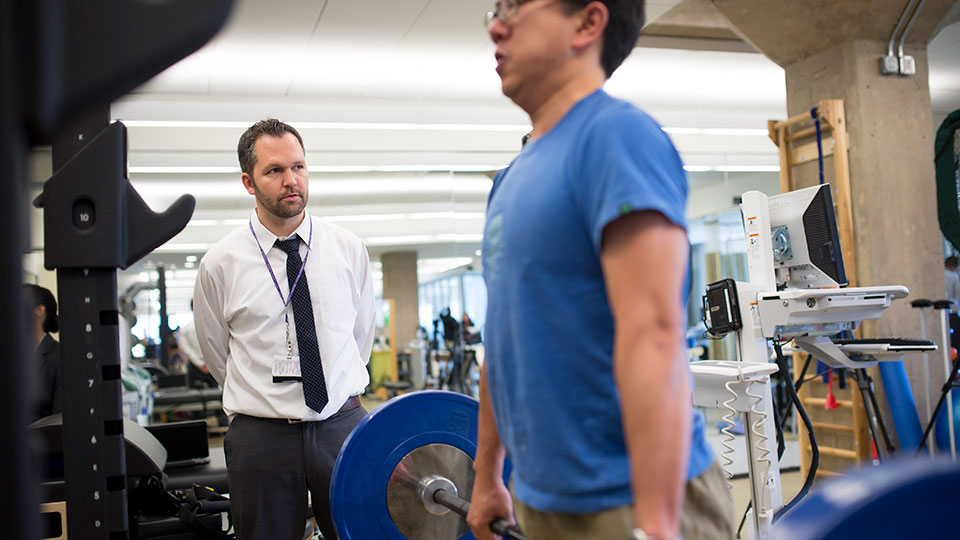
Orthopedic & Musculoskeletal Rehabilitation | NYU Langone Health

Curative Outpatient Orthopedic Physical Therapy- Stay Healthy | by All Care Rehab | Medium

How to Transition to Outpatient Orthopedic Physical Therapy - Mike Reinold

Physical Therapy - MU Health Care

Rehabilitation Services | Mount Elizabeth Hospitals

Professional Physical Therapy | Services | Orthopedic Physical Therapy
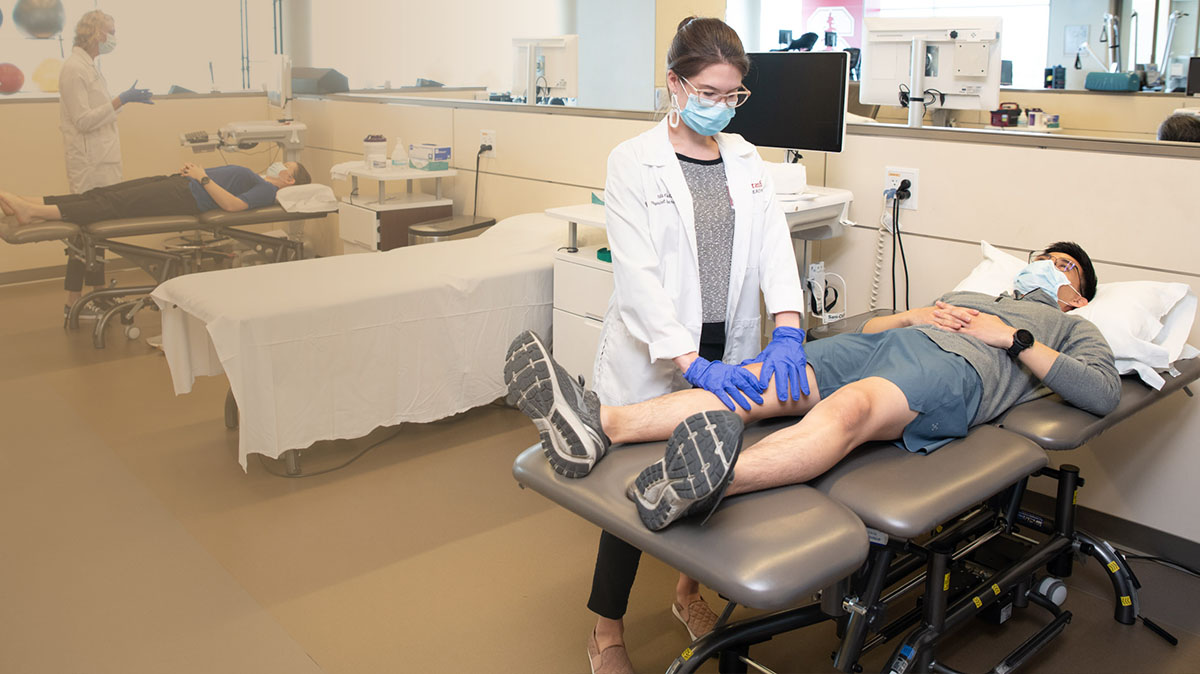
Orthopaedic and Sports Medicine Physical Therapy Clinic | Stanford Health Care
9 Physical therapy specialties to pursue in your career
Orthopedic Physical Therapy, KUMC Orthopedics

Licensed Physical Therapist Resume Samples | QwikResume

Physical therapy: Who can benefit and how can it help?
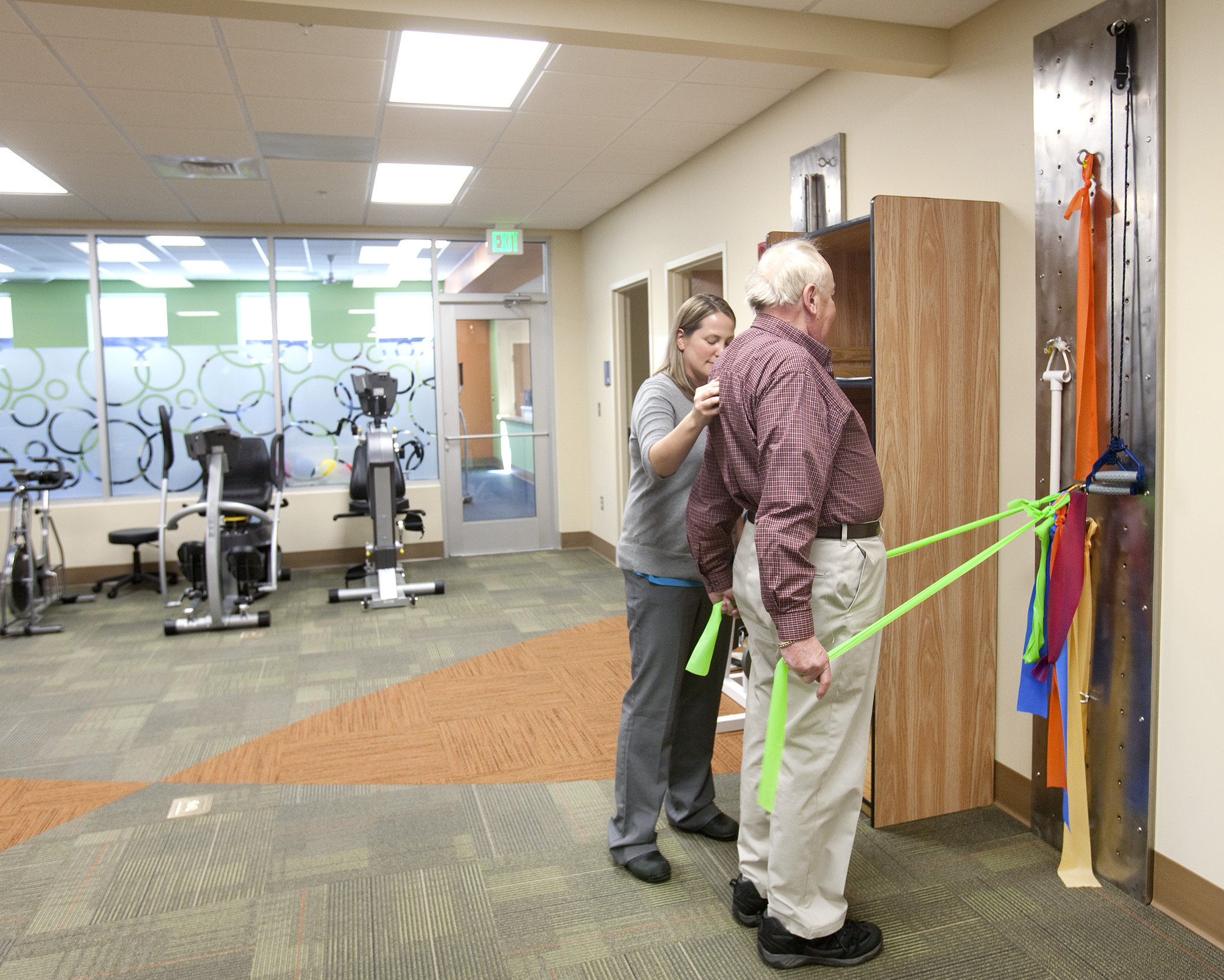
Outpatient Physical Therapy | UT Medical Center | Knoxville, TN
HSS Rehabilitation | Physical and Occupational Therapy

Physical Therapist at Houston Medical Center Resume Sample | Kickresume

Advanced Orthopedic Therapy at Sinai Rehab Center - Top Orthopedic Surgeons in MD
HSS Rehabilitation | Physical and Occupational Therapy
Outpatient Orthopedic Rehabilitation: Most Common Questions | by BetterPT | Medium

Physical Therapy | University of Utah Health

Physical therapy - Wikipedia
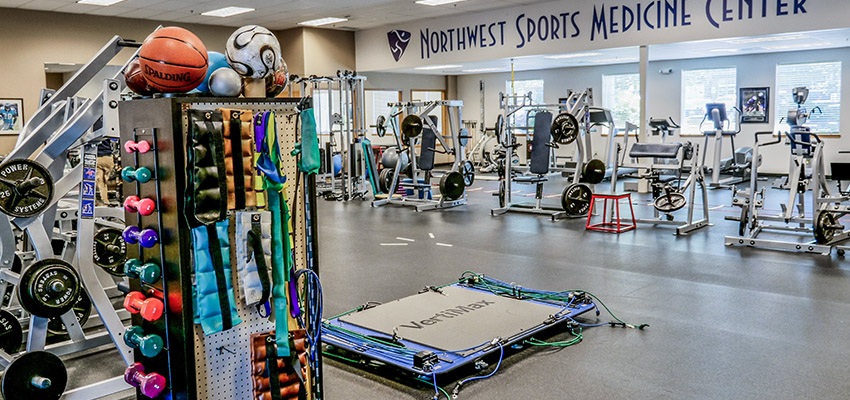
Physical Therapy – Olympia Physical Therapy

512 Physical Therapy and Golf Performance Center | Fitness Training in Austin, TX | Outpatient Orthopedic Physical Therapy

Physical Therapy | Pritchette Physical Therapy — Pritchette Physical Therapy

PT resume

How To Become An Orthopedic Physical Therapist - Zippia
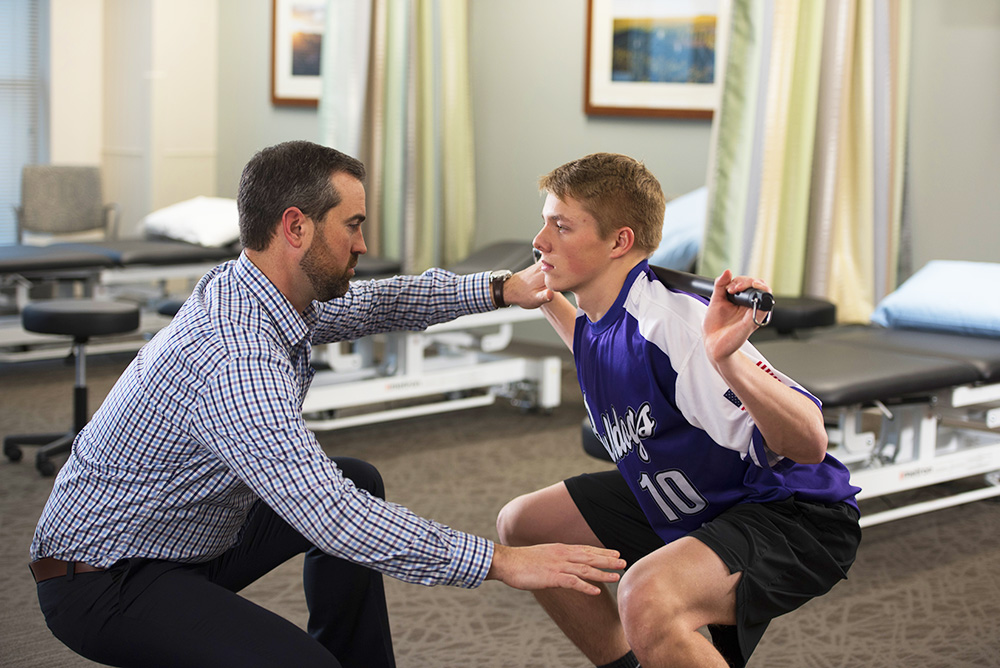
Physical Therapy Services | Hendricks Regional Health

Staff Physical Therapist Resume Samples | QwikResume

Pin on Outpatient Orthopedic Physical Therapy

Home - Comprehensive Orthopedic Physical Therapy
:max_bytes(150000):strip_icc()/iStock-628092082-5a78b484a18d9e0036a8c6f0.jpg)
An Overview of Orthopedic Physical Therapy

Physical Therapist Resume Examples | JobHero
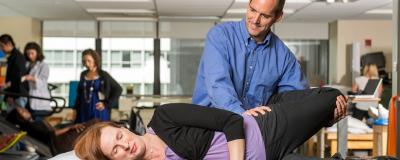
Physical Therapy Services | Rush System

What Are the Different Types of Physical Therapy? | Movement Orthopedics

A Guide to Different Types of Rehabilitation Therapy | INTEGRIS

An Important Lesson in Outpatient Orthopedics for New Grad Physical Therapists | Eyes On Eyecare
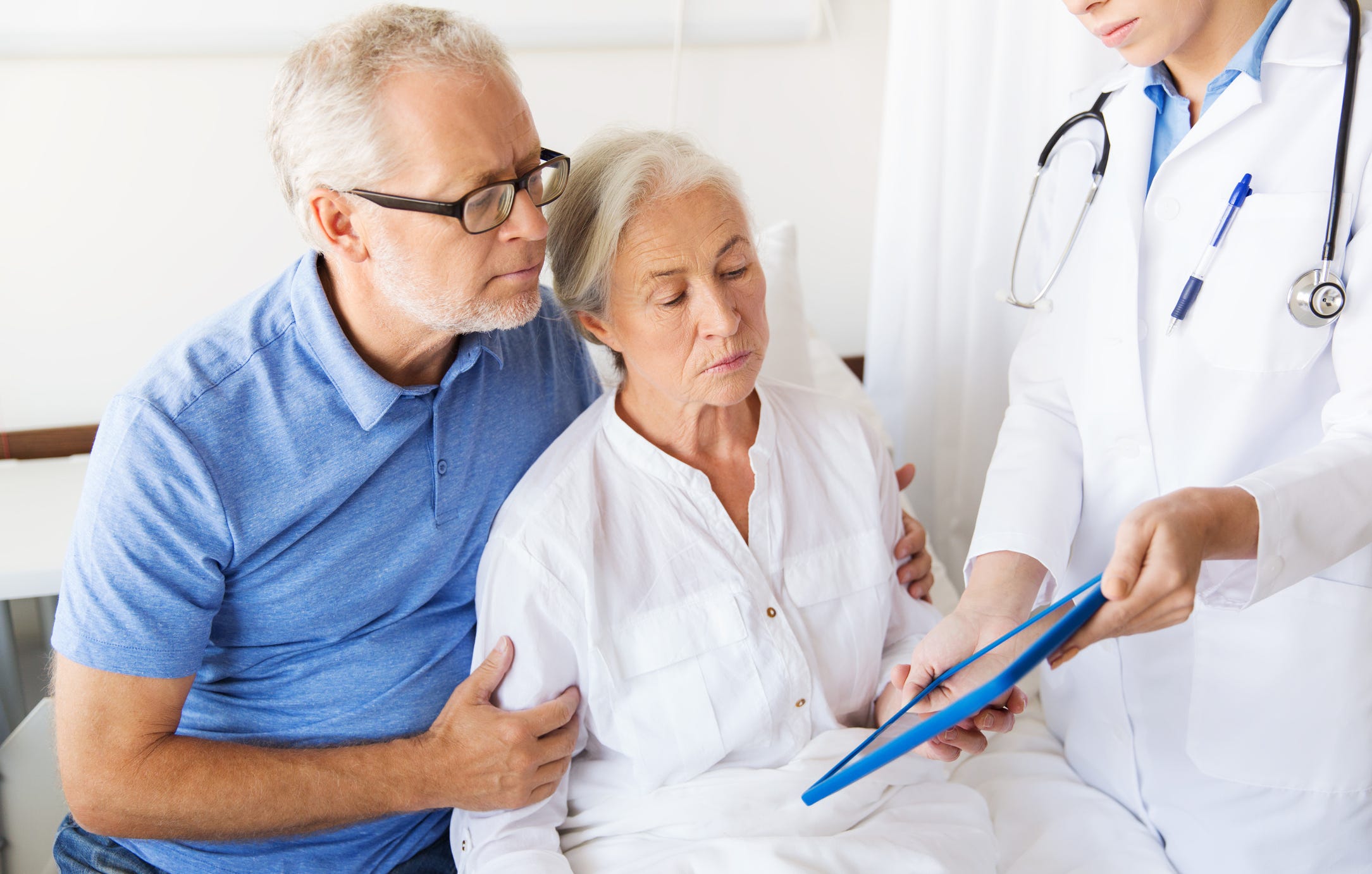
Curative Outpatient Orthopedic Physical Therapy- Stay Healthy | by All Care Rehab | Medium

Staff Physical Therapist Resume Samples | QwikResume
POSITIONS AVAILABLE

Pin on Outpatient Orthopedic Physical Therapy
Orthopedic Manual Physical Therapy Institute of Dallas, Inc.
Posting Komentar untuk "outpatient orthopedic physical therapy"